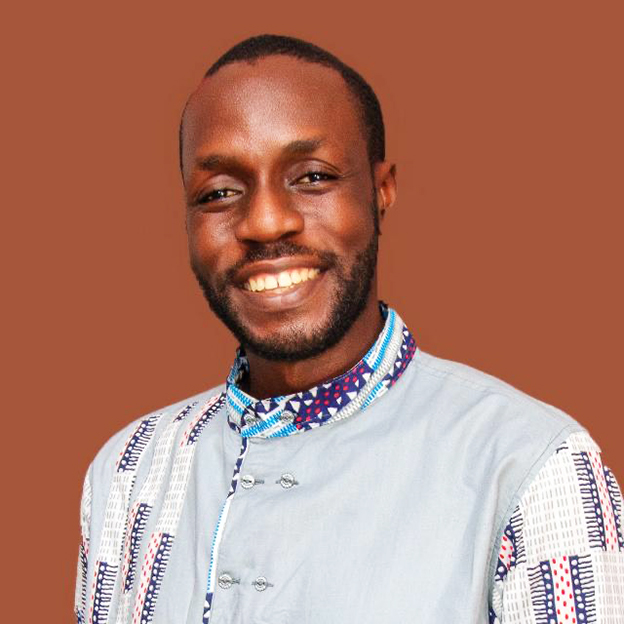Dr. Thomas Amatey Tagoe, a Neuroscientist at the University of Ghana, a Science Communicator and Co-Founder of G.H. Scientific, has stressed that sleep plays a critical role in maintaining brain health and improving learning outcomes.
Speaking on GHOne TV’s Science of Learning programme, Dr. Tagoe explained that the brain becomes highly active during sleep processing experiences from the day.
“When you sleep, that is when you are out of the picture and the brain gets to work. It reviews what you did throughout the day – what was important and what was not.
“The important things are double-checked, underlined and stored away, while the unimportant ones are discarded,” he said.
The Neuroscientist noted that this process, known as memory reconciliation, ensures that useful information is retained while irrelevant details are erased.
“It is the time the brain does what we call ‘house-cleaning duties; clearing waste material and fixing itself for the next day. Without sleep, your attention drops and even things you thought you had learned are easily lost,” he added.
He cautioned that chronic lack of sleep could damage the immune system, impair memory and contribute to long-term health problems.
Natural Sleep Cycles and Classroom Sleepiness
Addressing why some students struggle to stay awake in class, Dr. Tagoe explained that the human brain naturally goes through two sleep cycles each day: late night to early morning, and midday.
“Between midnight and 4 a.m. most people naturally give in to sleep. But the way we have structured the world doesn’t always allow us to follow that rhythm.
“If students are constantly dozing in class, it could be because of poor stimulation, natural brain cycles, or simply lack of adequate sleep,” he observed.
Dr. Tagoe recommended 12 hours of sleep for toddlers and about 10 hours for teenagers. He warned that many Ghanaian youth fail to meet this medical standard due to household responsibilities, social media use, or lifestyle choices.
The Science of Learning
At the University of Ghana Medical School where he researches learning efficiency,Dr.Tagoe explained that retention is improved by sleep, repetition, and short study breaks rather than long cramming sessions.
“Counter-intuitively, making mistakes is important to learning. The brain strengthens connections when you pay attention, repeat information, and even correct errors. That is how memory becomes more durable,” he explained.
He advised students to study in short sessions with breaks in between, rather than forcing long hours of concentration, which he said, is less effective.
According to Dr. Tagoe, attention is the gateway to memory. “If you’re not paying attention, you are telling your brain it is not important. That is why sometimes you hear someone, but cannot recall what they said moments later. Social media takes advantage of this by constantly shifting your focus, preventing deep attention and, therefore, strong memory,” he noted.
Dr. Tagoe concluded that understanding how the brain learns – the science of learning – helps individuals optimise memory and performance in academics, sports or skill development.









